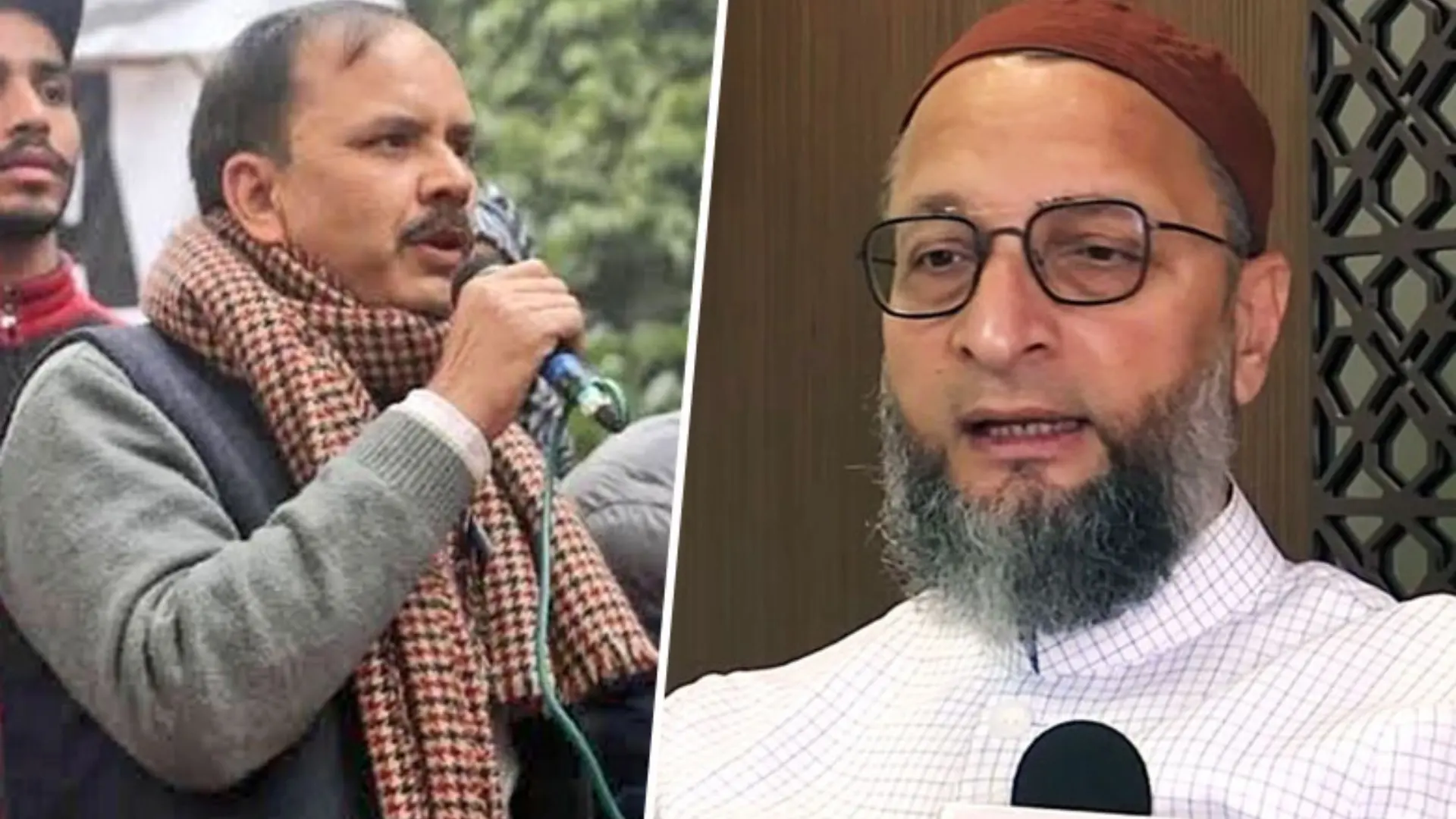In a significant policy shift, the University Grants Commission (UGC) has proposed draft guidelines removing the National Eligibility Test (NET) as a mandatory requirement for the appointment of assistant professors in Indian universities and colleges. Union Education Minister Dharmendra Pradhan unveiled these draft norms on Monday, aiming to bring flexibility and inclusivity to faculty recruitment and promotions.
UGC: Embracing Multidisciplinary Education
The new regulations align with the National Education Policy (NEP) 2020 and seek to create a multidisciplinary academic environment.
“These draft reforms and guidelines will infuse innovation, inclusivity, flexibility, and dynamism in every aspect of higher education,” said Pradhan during the release event at the UGC headquarters in Delhi.
UGC Chairperson M. Jagadesh Kumar highlighted the shift from rigid eligibility criteria to a more diverse framework that encourages academic staff recruitment from varied backgrounds.
“Regardless of your undergraduate or postgraduate degrees and their disciplines, pursuing a PhD in a completely different field will still qualify you for faculty positions,” Kumar explained.
Key Changes in the UGC Draft Guidelines
The proposed regulations, set to replace the 2018 norms, include several noteworthy changes:
- NET Requirement Removed
Unlike the 2018 regulations, which made clearing NET mandatory for assistant professors, the new norms allow institutions to hire candidates based on their PhD qualifications and other criteria. - Multidisciplinary Eligibility
Candidates with undergraduate (UG) or postgraduate (PG) degrees in fields different from their PhD disciplines are now eligible for faculty positions. - Flexibility in NET/SET Subjects
Candidates who have cleared NET or the State Eligibility Test (SET) in a subject different from their UG degree can apply for assistant professor positions in the subject of their qualification. - PhD for Promotions
While NET is no longer required for entry-level positions, a PhD remains essential for promotions to associate professor and professor roles. - New Assessment Criteria
The Academic Performance Indicator (API) system, which emphasized quantitative metrics like publication counts, will be replaced by a qualitative evaluation. Faculty contributions will now include developing textbooks, filing patents, researching Indian Knowledge Systems (IKS), and more.
Pathways for Specialized Talent
The new guidelines aim to attract professionals from diverse fields such as yoga, music, performing arts, and sports. Recognizing national and international achievements, the UGC has introduced special recruitment pathways for these areas.
For example, distinguished individuals with high academic qualifications and over ten years of experience as professors will be eligible for vice chancellor positions. The eligibility criteria for vice chancellors have also been expanded to include experts from academia, research, public administration, and industry.
Impact Of UGC’s Draft on Higher Education
The draft regulations, now available on the UGC website for feedback, have been lauded as a step forward in modernizing higher education.
“These regulations are a progressive step,” said Prof. Dhananjay Joshi, Vice-Chancellor of Delhi Teachers University. “They align with the multidisciplinary nature of education advocated in NEP 2020.”
With these reforms, the UGC aims to create a supportive ecosystem for teachers, encouraging them to excel in innovative teaching, research, community engagement, and entrepreneurship. Faculty members will be evaluated on contributions across nine key areas, including digital content creation, student mentorship, and start-ups with funding.

















